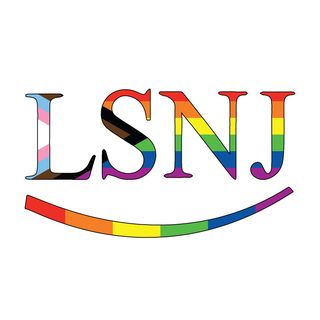Essex County, New Jersey
Free legal advice or legal representation for people who cannot afford it.
Welcome to our Essex County, New Jersey legal help and services page.
Legal Aid is for people who may not be able to afford an attorney. In order to qualify for legal aid at these non profit organizations listed below, you will need to contact them directly.
We provide the details of these offices to save you time in your search for legal aid. Our details include names, addresses, frequently asked questions, qualifications, etc where we can find them.
Legal aid services can include the following legal services for situations involving: Domestic violence, family law, housing rental evictions or home foreclosures, public assistance such as medicaid, food stamps, SSI Disability, SSDI benefits, public housing evictions, disability beneifts, etc.
Finding hard to locate resources for legal is what LegalAidOffices.com is all about. We scoured thousands of non profit resources to find as many local resources for free legal assistance as we can. View our listings below.
Search Results:
-
 Essex-Newark New Jersey Legal Services Email Website Learn more 5 Commerce Street
Essex-Newark New Jersey Legal Services Email Website Learn more 5 Commerce Street
Newark, NJ - 07102
(973) 624-4500
Legal Services in New Jersey embraces the vision of full access to essential civil legal aid for all economically disadvantaged people who cannot secure a lawyer on their own. This belief in the importance of legal assistance to indigent people stems from an underlying concern with fairness, and a ...See Full Details
 Volunteer Lawyers for Justice Email Website Learn more PO Box 32040
Volunteer Lawyers for Justice Email Website Learn more PO Box 32040
Newark, NJ - 07102
(973) 645-1955
Volunteer Lawyers for Justice (VLJ) was created in 2001 as a program of the Legal Services Foundation of Essex County to provide direct legal representation to residents of Essex County, New Jersey. VLJs mission is to improve the lives of economically-disadvantaged adults, children, and families in...See Full Details
New Jersey Cities
Important Information
Legal Aid Funding
Legal aid professionals and organizations oftentimes receive government funding for taking on cases with those who cannot afford attorneys. For the most part, funding is limited so legal aid entities can only take on a limited amount of cases. Qualifications are often rigid.Resources